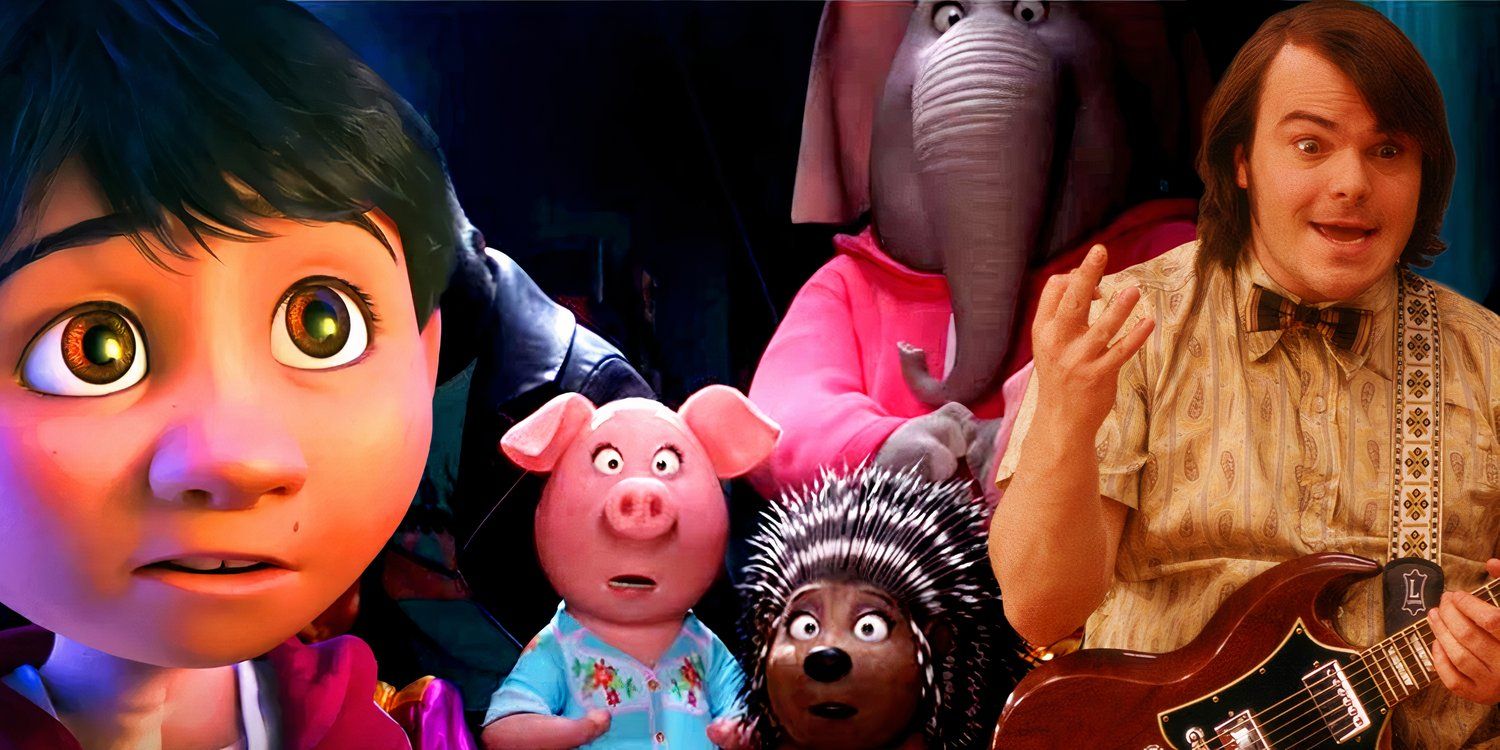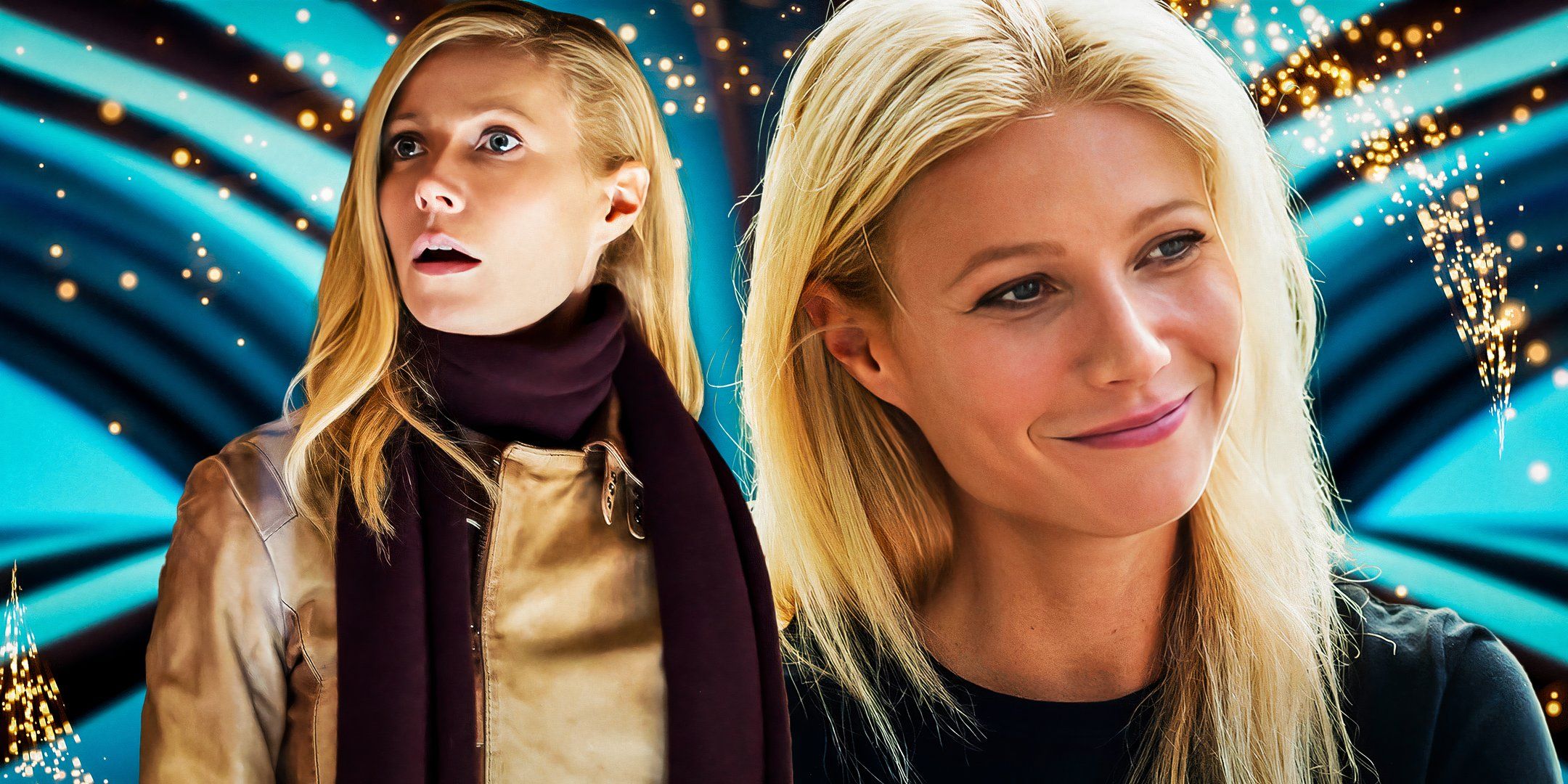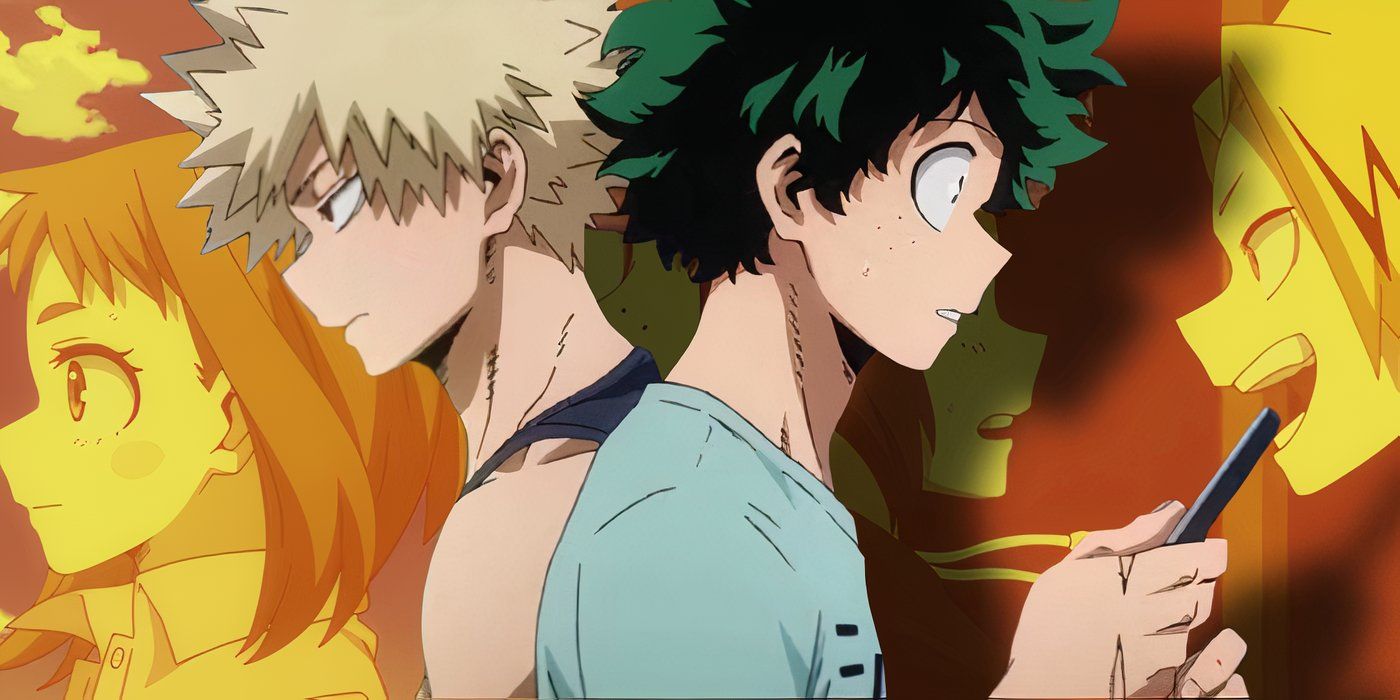Pamela Anderson and director Gia Coppola jointly received the Sun Valley Film Festival Pioneer Award on Dec. 6, the second day of the festival’s 2024 Winter Screening Series.
Appearing after a screening of their film “The Last Showgirl,” the duo accepted their belt buckle-shaped trophies from SVFF executive director Teddy Grennan and director Candice Pate before sitting down for a conversation with Variety Senior Editor Todd Gilchrist.
Presented in partnership with Variety, Sun Valley’s Pioneer Award “recognizes trailblazers in front of and behind the camera.” The pair were eminently qualified for their collaboration on the film, which follows a veteran showgirl named Shelly (played by Anderson) contemplating the future of her career after the revue in which she appears abruptly announces plans to close.
Prior to making the film, Anderson had not only just released a memoir, a cookbook and a documentary about her life, but concluded an acclaimed run as Roxie Hart in a Broadway production of the musical “Chicago,” all of which she described as a “warm-up” for the challenges of the role. “I always say if I had any other life, I couldn’t have played Shelly the way that I got to play her,” she said. “So it was all worth it.”
Even more than those recent experiences, Anderson said she’d always harbored bigger aspirations than she was able to achieve during her lengthy and successful career as a model. “I was really aching to express myself as an artist,” she said. “I remember back in the Playboy days I was shooting covers, but then going to Samuel French and reading Tennessee Williams and Eugene O’Neill plays thinking, ‘how do I get from here to here?’ And it was a long road, and I’m just so grateful to be here.”
Coppola indicated she was drawn to multiple elements in Kate Gersten’s script for “The Last Showgirl.” “I have always been a lover of Las Vegas,” she said. “But it was also a mother-daughter story at its heart, and I relate so much to that because I was raised by a single mom, but I also became a mother myself in the genesis of making this movie so I could understand the other side of that complex relationship.”
Anderson revealed that the production lasted only 18 days, requiring her to come “locked and loaded” to the shoot on day one. “I knew that I had to prepare for this film like I would a play,” she said. As Shelly attempts to reconcile with her estranged daughter Hannah, played by Billie Lourd, Anderson drew many parallels from her own life for inspiration. “Being a working mom, especially in the entertainment business, I think we all will have to beg for forgiveness from our adult children.
“Especially if you’re objectified in any ways when your kids are young, it really is confusing and hard to assimilate and deal with,” she added. “I know what that feels like, so it was just wonderful to be able to express it in this film.”
Because of the tight production schedule, Coppola said she summoned the passion of her collaborators to muscle through filming, with Anderson’s commitment to the project as a north star to follow. “[Pamela] was really setting the bar for all of us to just be honest and real and raw and vulnerable, and coming together and really creating a family bond, which was so much of what needed to transcend in the movie.” Anderson’s explanation for her dedication was a bit simpler: “I would tell the girls, “look, you’re going to go on to do another hundred movies. You’ve been in the film industry a long time. This might be my only chance’.”
Opening up the conversation to the audience, Anderson and Coppola discovered an unexpectedly personal connection that the movie made with one viewer, who tearfully revealed that she was a retiring showgirl who is currently going through Shelly’s exact dilemma. Anderson gently attempted to instill the young woman with hope — or at least a more hopeful perspective about pursuing dreams that may have a shelf life. “Many people have come up to me saying they know so many Shellys in the theater world,” she said.
“Some people are real estate [brokers], waitresses, cocktail waitresses like [Jamie Lee Curtis’ character] Annette, and dance teachers. But that’s why reinvention is so important… we all only get this many heartbeats in life, and how we spend them is important. And to fulfill your dreams at any point in real life is such a gift.”
Coppola similarly empathized with the sense of loss that the audience member was experiencing. “I relate to that heartbreak from afar, because I saw how beautiful those shows were,” she said. “That level of orchestration towards art and beauty, it was so sad to see let go.” She concluded by highlighting how she hoped the film would broker a connection between the past and the present.
“Our culture just wants to discard things in exchange for something that’s salacious or consumer based, and my hope and what I think we were trying to do with this movie is pay tribute to nostalgia as we forge our modern paths.”









 English (US) ·
English (US) ·